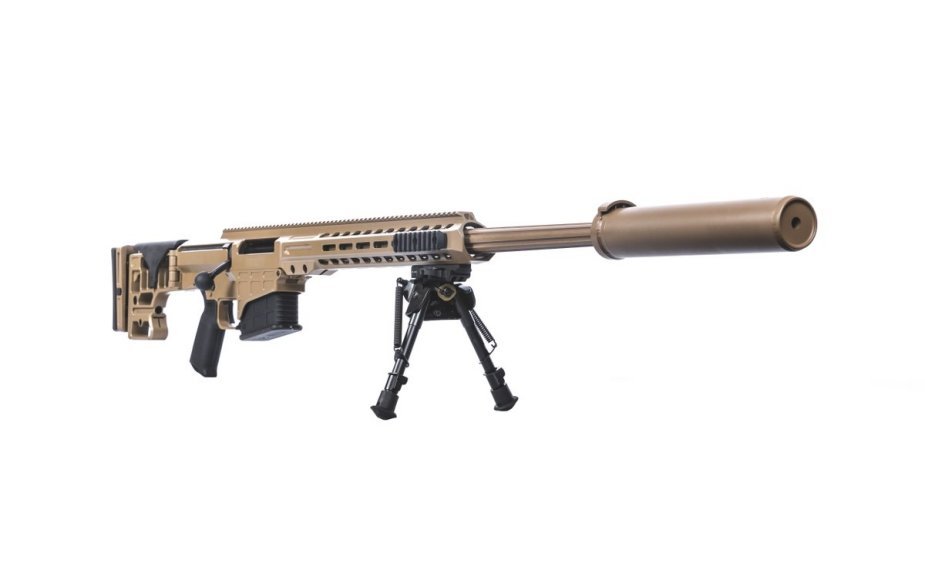Breaking news
U.S. Army aiming at doubling original purchase of new Barrett Precision Sniper Rifles.
In March 2019, Barrett Firearms Manufacturing Inc., Christiana, Tennessee, was awarded an estimated $49,936,300, five-year, indefinite-delivery/indefinite-quantity, firm-fixed-price contract for the purchase of advanced sniper rifles in support of U.S. Special Operations Command (USSOCOM). It would replace existing SOCOM sniper rifles. The Advanced Sniper Rifle program asked industry to give the military a bolt-action sniper rifle that could be chambered in .338 Norma Magnum, .300 NM and 7.62mm NATO, with a platform for engagements beyond 1,500 meters. The rounds give shooters different mission options, from anti-materiel to anti-personnel.

Barrett MRAD chambered in .300 PRC, specially designed for the U.S. Special Operations Command's Advanced Sniper Rifle program (Picture source: Barrett)
U.S. Army 2020 budget documents say Barrett’s system “provides increased probability of hit over the current M2010 [Enhanced Sniper Rifle] configuration at distances up to twelve-hundred (1,200) meters and increases range out to fifteen-hundred (1500), which enhances the sniper role in supporting combat operations and improves sniper survivability”. Barrett’s PSR is also a multi-caliber weapons system, which allows the rifle to be used in a variety of ways. Hence, the Army wishes to obtain 536 additional Precision Sniper Rifles (PSR), nearly twice the original order of 357 previously placed.
The Barrett Firearms PSR has been touted as the “primary anti-personnel sniper weapons system” for all the Army’s sniper units and a replacement for the M107 in favor of a lighter and more accurate system. The PSR “provides increased probability of hit over the current M2010 [Enhanced Sniper Rifle] configuration at distances up to 1,200 meters and increases range out to 1,500, which enhances the sniper role in supporting combat operations and improves sniper survivability, as formulated by Task & Purpose. Upgrades for the rifle include suppressors, optics and image intensifiers, such as thermal sensors.
The Army is looking to obtain 1,516 PSR systems between fiscal years 2022 and 2025, raising the number to 2,545 at an estimated cost of $45.476 million through fiscal year 2025.



















